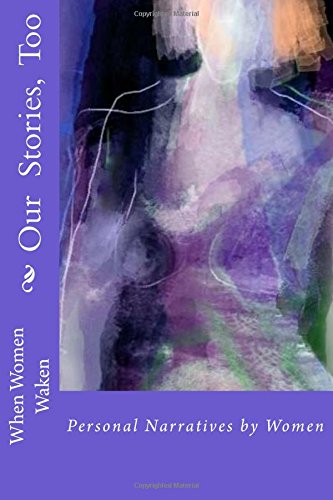One of my enduring childhood memories–and, in retrospect, a favorite one–is of my mum haggling with our regular fish vendor. (A piece about that interaction and my relationship with all things piscine will be part of an anthology in the mid-future, but never mind that right now.) We knew that after all the dramatic declarations of unfed mouths and daylight thugee had faded away, our prize would be fresh, delicious fish–fried, curried, or put in a good old patio.
Among the previously mentioned declarations was this unique phrase my mother would exclaim: Dhoor ne dhumasso!
“Dhoor ne dhumasso”, stuff and nonsense
Pronounced: dhoo-r neh dhum-aaso
Direct translation: dust and sawdust (?) I’m not certain what dhummaso means–will update if I find out!
Time to practice:
You’re telling me the prices have gone up since last week?? Dhoor ne dhumasso!
More:
Dhoor ne dhumasso they’re moneyed! Their type shows Colaba, buys Dadar.
Still more:
The maid came back today, claiming she’d had malaria for the 4th time in 3 months. Dhoor ne dhumasso, she’d be dead at that rate!
For an authentic exclamation, add a snort and a miffed shake of the head. Foot-stomping optional. My very efficient mother did all three seamlessly.
*****
Because it’s a spanking new year, because I have recently returned from a trip to the mother ship, and because I’m delighted with the stash I’ve carried for you, here’s 2014’s first giveaway on WWNP!!
Presenting:

I am thrilled that I don’t have to be your sole source of Parsipanu anymore! From the scriptwriter/director of the award-winning Salaam Bombay, Mississippi Masala, and Little Zizou, and the author of Laughter in the House: 20th Century Parsi theatre comes this delightful collection of Parsi-isms that had me guffawing late into the night.
Between its covers are gems like “Budhvar na vandha” (so dim, can’t recite days beyond Wednesday), “Tamboo ma saheb” (pregnant), and “Kamakli”, (of lesser intelligence), which you may recall from this post.
And you, lucky people, get to raise your hand for one of three author-signed copies I’m giving away! All you need to do is tell me your favorite Parsi thing. It could be a dish, a person, a book or movie, a phrase, or a quirk you can’t quite wrap your head around.
Exhibit A:
You: Do Parsis really sip an albino bull’s urine at their Navjote?
Me: Yes! And because once isn’t enough, at their wedding too–so anything that comes after seems infinitely better! Here’s your free copy of Parsi Bol!
~
Exhibit B:
You: Do Parsi dead people really get fed to vultures?
Me: For breakfast, lunch and dinner! In fact, I’d last them a whole week. Here’s your free copy of Parsi Bol!
~
Exhibit C:
You: My favorite Parsi is Freddie Mercury.
Me: Oops, wrong answer! It should’ve been me. Next!
~
So go on, jump in and wrangle! Winners will be randomly chosen. Giveaway open until January 31st and to U.S. residents only. Everyone’s welcome to chime in, though! Please leave a valid email address in the required field (and not in the comment box) so you can be contacted.
Happy New Year, my friends! So glad to infuse some chuckles into 2014. 
*****
Updated to add:
*Trumpet blast*
*Lion roaring ala MGM*
The 3 lucky winners of the Parsi Bol giveaway are……. *drumroll*
*nail-biting anticipation*
*torturous silence*
*clears throat*
# 1: Subu
#2: A. Rashid
#3: allMom
Congratulations! I hope you have a truly enjoyable time reading the book. 🙂 Please email orangejammies@gmail.com with your last name and mailing address and I’ll pop your prize in the mail right away!
*****
This giveaway has now concluded. Thanks every one of you for participating and chiming in with your lovely responses! 🙂 You guys are the best.
0.000000
0.000000
Tags: book, book giveaway, books, funny, giveaway, Happy New Year, humor, language, laughter, Meher Marfatia, new year, Parsi, Parsi Bol, Parsi Gujarati, Parsi phrases, Parsi sayings, quirky, Sooni Taraporevala
















Vox populi